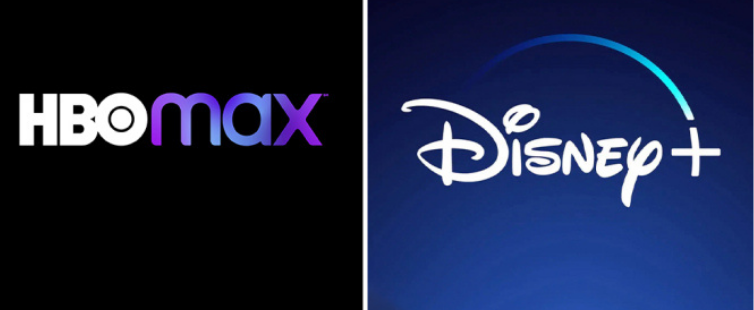
How Should Licensees Think About Movies?
Warner Bros.’ and Disney’s announcements regarding their strategies toward theatrical release and streaming of major films has licensees thinking harder about their own plans and commitments amid changes to once iron-clad release schedules and their effects on the licensing business.
Multiple factors
The factors they’re evaluating include the amount and cadence of promotional activity that major studios will put behind their big projects; whether consumers’ emotional involvement — a key element in creating a desire to buy in via a product purchase — in a streamed blockbuster will match that experienced in a packed theater; and how much retailers will put their own dollars on the line in the face of market uncertainty. And, by the way, is this a fundamental change in consumer habits or a short-term phenomenon that will recede?
New data from Parks Associates indicates that 25 percent of U.S. broadband homes prefer using an OTT service streaming to watch new films, while 24 percent would rather see them in movie theaters first.
Paradigm shift?
“COVID-19 has upended the traditional content-windowing process, and consumer research shows this paradigm shift is impacting consumer attitudes,” said Steve Nason, research director at Parks Associates. “An OTT source scores higher than movie theaters when consumers report their preferences for first-run movies. This shift might be temporary, and nearly 30 percent have no preference for how to watch a new movie, which gives theaters a glimmer of hope they can eventually gain back some audience for first-run titles.”
To be sure, there’s no indication studios will abandon theatrical films. Disney sprinkled its investor presentation last week with frequent expressions of support for cinema tentpoles. But a combined 100 film and TV series announced at the Disney investor day last week, 80% are going to Disney Plus. And Warner Bros. positioned its decision to simultaneously release films in theaters and on HBO Max as being limited to 2021 as the global pandemic hopefully recedes and life returns to some form of “normal.”
But uncertainty reigns. “The value of these deals is going to drop dramatically without the theatrical release behind it,” says Matt Kavet, CEO at candy and drinks supplier Boston America, which recently signed a new agreement with Warner Bros. for seasonal candy tins tied to It, Friday the 13th, Elf, Christmas Story and others. “Theatrical releases are major events and to eliminate them even a little begs the question of what is a blockbuster and what is a huge success for a movie? And how does a retailer know which movies to support now? At the end of the day, licensees won’t back properties until they know they have retail support.”
Then there is the question of cadence and goals of the marketing campaigns, particularly for films released solely on in-home platforms? Will they debut on a specific target date, building to a theater-like crescendo of marketing activity to maximize audience awareness in an effort to build a subscriber base? Or will the streamers scattered across a month, trying to attracting subscriptions by building an image of having a broad library of the best franchises ?
“It is going to be much more fluid and there will be more pressure for just-in-time products because there might not be that one huge theatrical release,” says one licensing executive. “Instead, it might be one film being released on October 1, another on the 10th and another on the 25th. And you might not know until the consumer sees the film whether they are interested in buying something related to it.”
The shift to more streaming could signal a boon for print-on-demand companies and others accustomed to turning around “in the moment” product in days rather than weeks. In many ways it will require licensees and retailers to prepare for a less-predictable future where surprise hits are the norm and less a one-time event. That may mean scrambling to develop products for surprise hits like the original Frozen and Stranger Things and less the tried-and-true.
“You are going to have to have a three-pronged strategy: one for traditional retail with a 12-18-month lead time, something else that you can turn in six weeks and another thing that can be done in six days,” says Leigh Ann Schwarzkopf, Co-Founder of the Project Partners Network. “That is the way the market is going; it’s something that was already accelerating and has been sped up by the pandemic.”

















